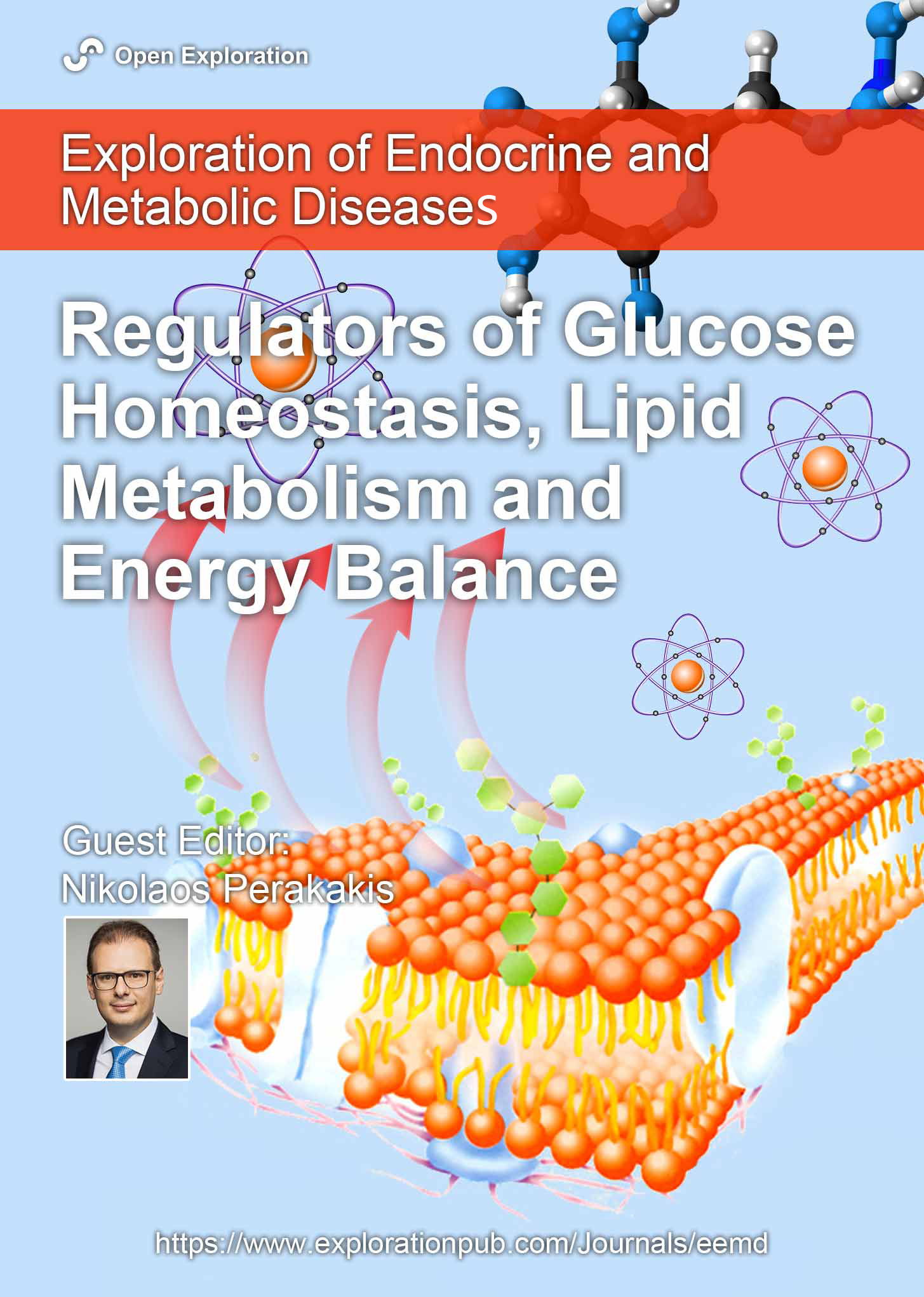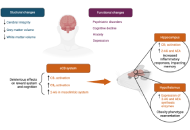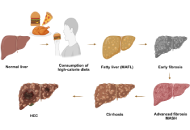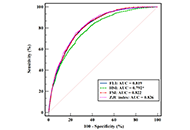
Regulators of Glucose Homeostasis, Lipid Metabolism and Energy Balance
Guest Editor
Nikolaos Perakakis E-Mail
Head of Metabolic and Vascular Medicine and Director of University Clinical Study Center for Metabolic Diseases of Department of Internal Medicine III at University Hospital Carl Gustav Carus of Technische Universität Dresden, Dresden, Germany.
Research Keywords: metabolism; diabetes; NAFLD; obesity; NASH
About the Special lssue
Metabolic diseases are among the leading causes of death worldwide. They result from the disruption of energy balance, glucose homeostasis and lipid metabolism. The pancreas, liver, adipose tissue, gut and brain are among the organs that have a key role in maintaining metabolic health. Furthermore, a significant cross-talk between these metabolic organs occurs that further contributes to energy, glucose and lipid balance. Proteins hormones, lipids, sugars, extracellular vesicles, microRNAs, immune cells are among the biomolecules that may act as regulators of metabolic health by coordinating the cross-talk between organs. These biomolecules may thus either be used as biomarkers for predicting metabolic disease development and progression or serve as candidate targets for development of effective treatments.
In this Special Issue, we invite the submission of original research (basic, clinical and epidemiological studies), review and meta-analysis articles on possible regulators of glucose homeostasis, energy balance and lipid metabolism. Topics of interest include: a) Novel diagnostic and prognostic biomarkers of metabolic diseases, such as diabetes and its complications, non-alcoholic fatty liver disease, obesity, cardiovascular diseases, b) Studies summarizing current evidence about the diagnostic and therapeutic role of adipokines, hepatokines, gut-secreting hormones, extracellular vesicles, lipid species, c) Impact of non-pharmacological and pharmacological interventions on regulators of metabolic health, d) Description of the role of regulators of metabolic health in different patient subgroups (such as sex-based differences, age-based differences).
Keywords: diabetes; obesity; NAFLD; NASH; hormones; glucose; miRNAs; appetite
Published Articles


